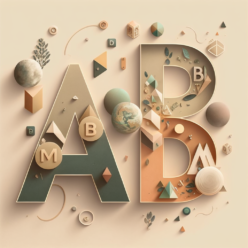This is a podcast about learning new things. Join us as we explore game development by building things together. We’ll try to document our conversations here so that the next person who comes along can move faster.
Listen on: Apple Podcasts | Spotify | More
Background
We (Finn and John) are literally absolute beginners when it comes to game development. Finn works in tech in the Bay Area, and John has a PhD in philosophy. Both of us have been interested in game dev for a while but haven’t had a chance to pursue it yet.
We’ve decided to focus initially on learning Unity, which is the engine behind a lot of popular games. We’re reading Learning C# by Developing Games with Unity by Harrison Ferrone. If you get Harrison’s book, you can also join his Discord server and chat with other people who make games. John’s been going through a lot of the tutorials on the Unity site.
Neither of us has any experience with C#, which is a programming language. Finn has some experience writing code, but it isn’t his day job. The programming language he is most familiar with is JavaScript, which can be a bit more forgiving than other languages.
Unity tutorials
John has been playing around with lessons on learn.unity.com. The tutorials are really geared toward people who don’t have any experience, so don’t worry about being at the right level. Everything is organized into pathways, which then have missions. A mission’s length can vary from about an hour up to several days. The content alternates between interviews with people who use Unity at work and lessons on how to use it.
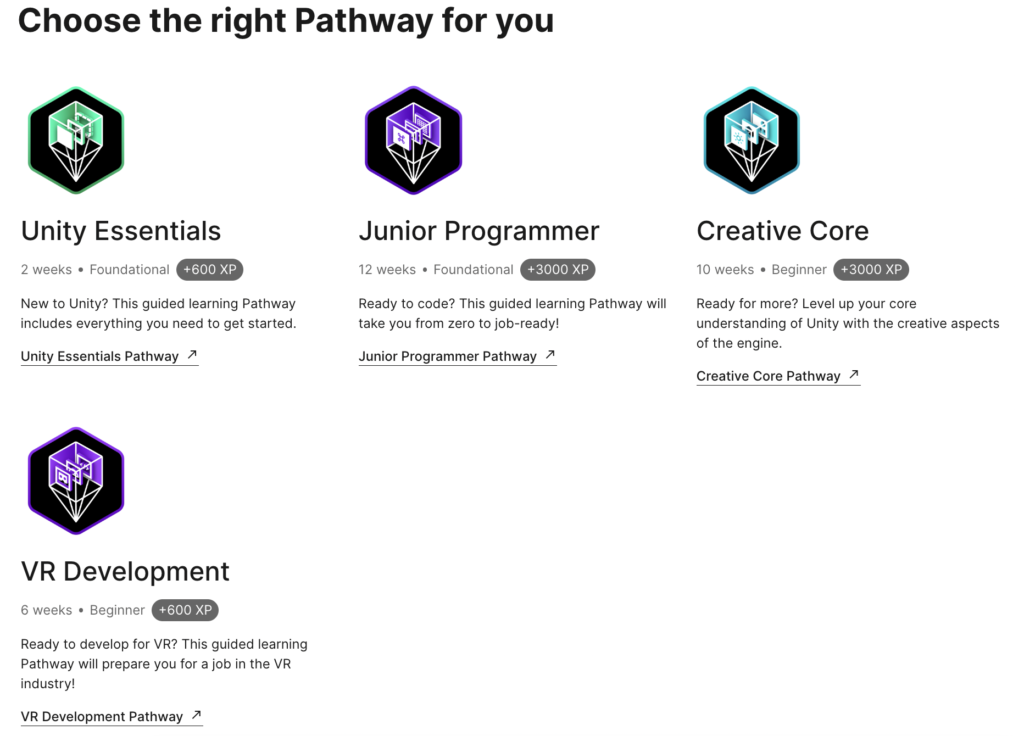
Both of us tried out the Karting microgame. To get to it, open the Unity Hub, click the Create Project button, then Learning. Karting should be one of the options.
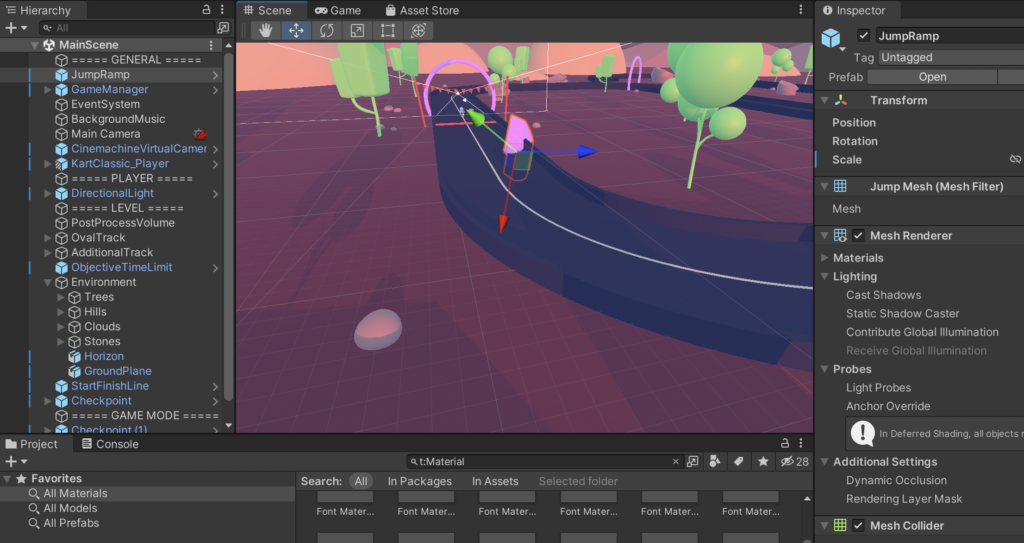
The microgames give you a chance to play around with small games that are already built. We discuss the karting game a bit and explain the difference between the Unity Hub, which is a container for various projects you are working on, and the Unity editor, which is the screen where you edit the game. Definitely try out some of the microgames so you can see what is possible with Unity and poke around in the editor.
John has also tried some of the C# lessons that Microsoft offers. We agree that you don’t really need to know that much about C# or coding in general at the start. Unity’s lessons tend to focus on the visual aspects of game design, while Harrison’s book focuses more on C# in early chapters.
Unity’s online early tutorials feature interviews with people who use the product professionally. We’ve gathered some information about them if you’d like to learn more.
- Mike Clephane (LinkedIn, Twitter) is a digital artist.
- Andrea Anticeto-Chavez (LinkedIn) is an editor and producer who makes virtual production courses with DigitalFilm Tree.
- David Wehle (LinkedIn, Twitter) is the solo developer of The First Tree.
- Kiira Benzing (Twitter, site) is a Director and Producer at Double Eye Studios and, according to to her LinkedIn, speaks Middle French (!).
- Fereshteh Forough (LinkedIn, Wikipedia, Twitter) is the founder and executive director of Code to Inspire.
- John Riccitiello (LinkedIn, Wikipedia, Twitter) is the CEO of Unity Technologies.
- Penny de Byl (LinkedIn, Twitter, YouTube) is creative director at Holistic3d and has made a lot of useful Udemy courses.
- Mari Kyle (LinkedIn, Twitter) is a game producer at Oculus.
- Joi Podgorny (LinkedIn, Twitter, site) is marketing lead at Together Labs.
The book
Finn has been spending more time with the book, which guides you through everything you need, including what software to install:
- Unity Hub
- Unity Editor (which comes along with the hub)
- Visual Studio
One thing that surprised Finn was that values you enter in the inspector while in play mode reset after you leave play mode.
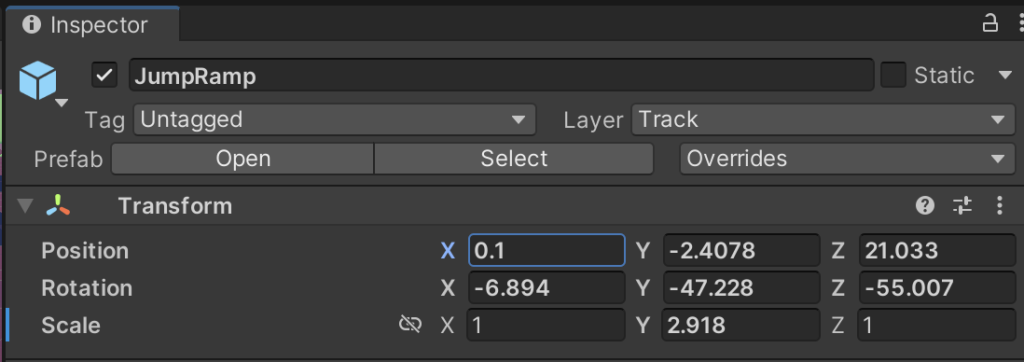
Endless Pachinko
John has been creating “games” that don’t really have a player input. One of his games is called Endless Pachinko, which is loosely modeled on the Japanese ball game. Learning how to flip gravity was a great way to learn about Unity with trial and error. Finn suggests that a while loop could be a way to change and flip gravity at different “altitudes” in the game.
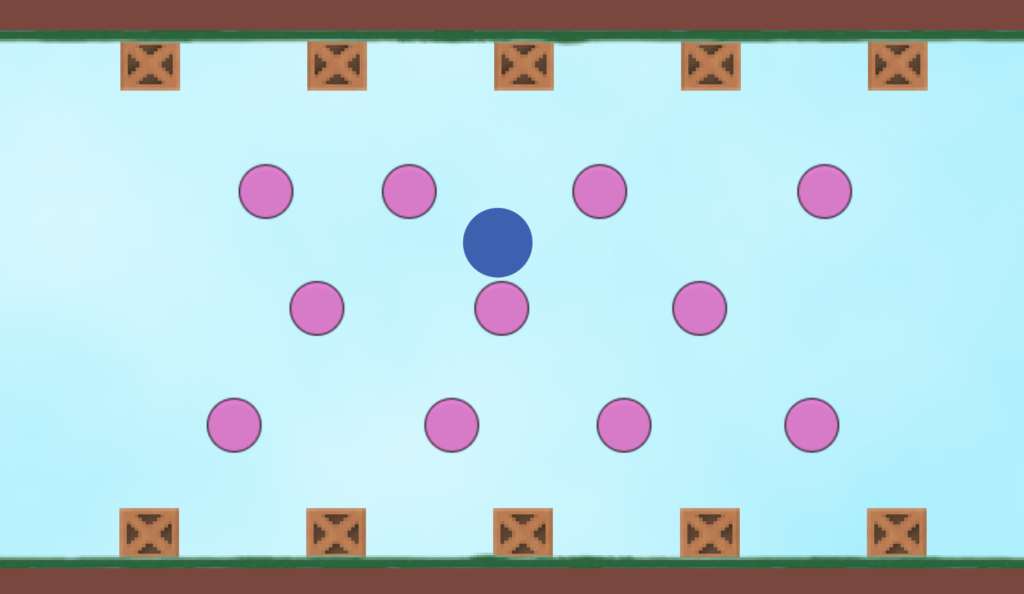
Game ideas
John is interested in learning about humanlike behavior for non-player characters (NPCs). Specifically, he’d like to experiment with building automata inside games. His academic work focuses on philosophy of mind. John loves catching bits of NPCs’ dialog as you’re doing something else in the game (e.g. “And that’s what he said!).
Thanks to Libby Roach of Portland, Oregon for the fantastic music.
